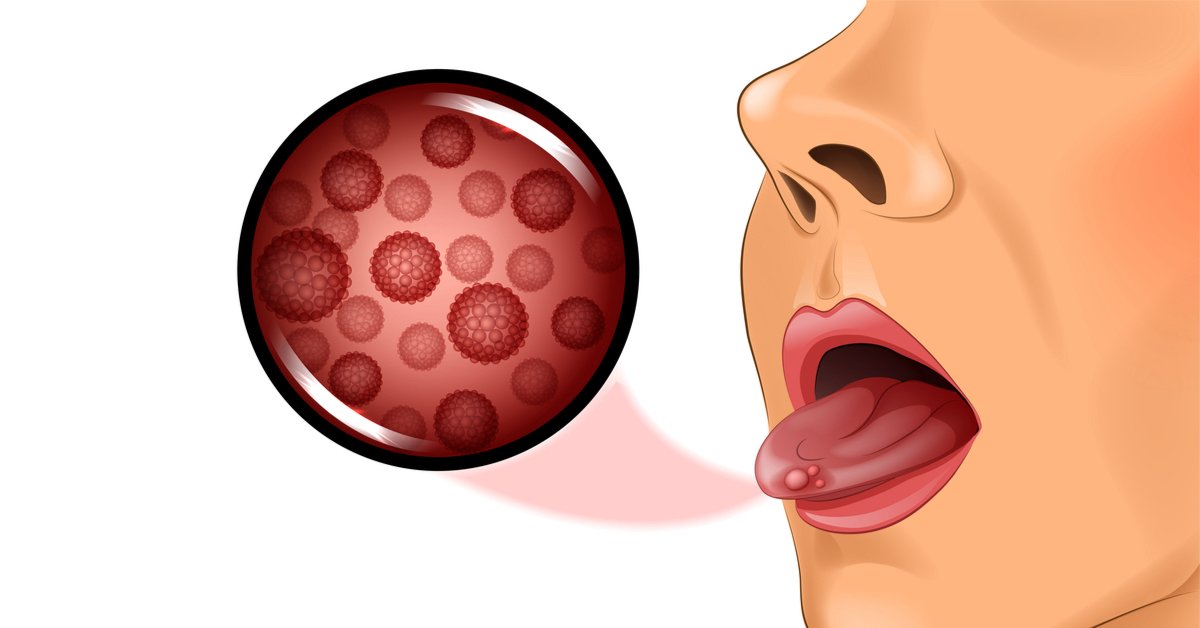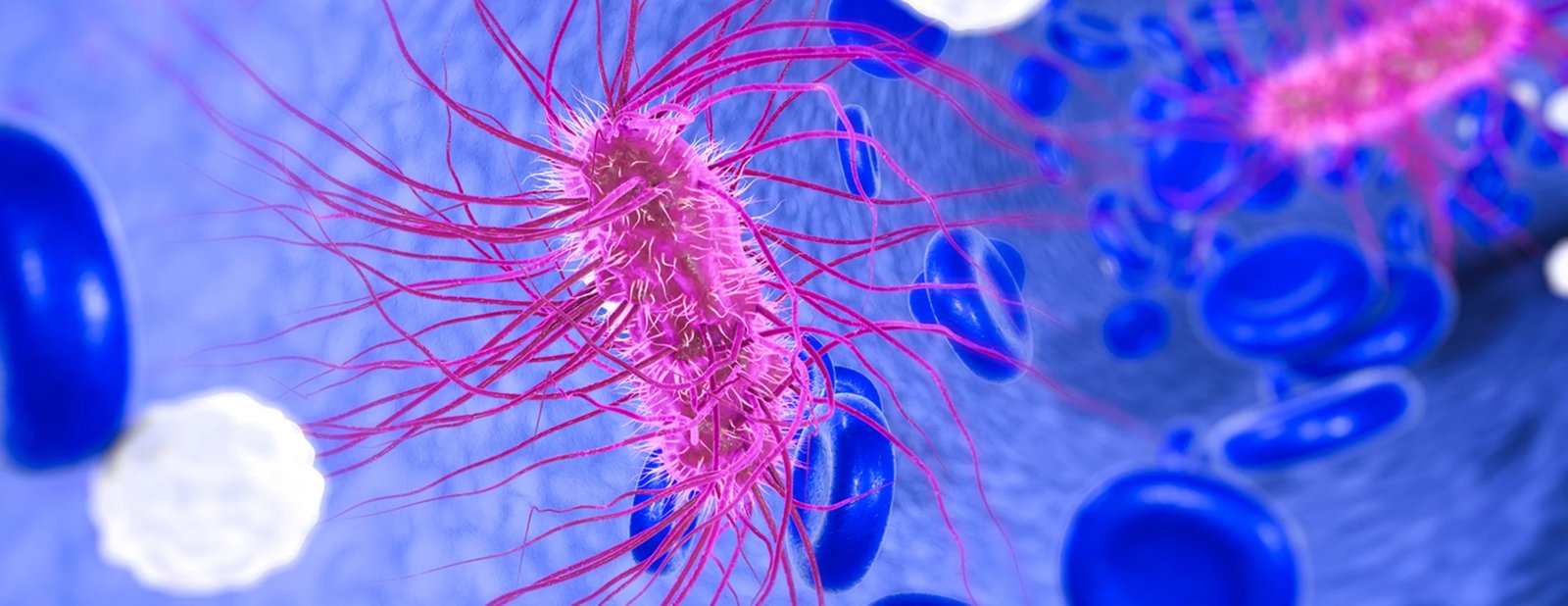Inflammation of the lingual papillae, also known as Transient Lingual Papillitis (TLP), is a relatively common and often benign condition that affects the tiny bumps (papillae) on the surface of the tongue. While this inflammation may seem minor, it can cause significant discomfort, making eating, drinking, and even speaking painful. Understanding the causes, symptoms, and available treatments for inflamed lingual papillae is essential for managing the condition and alleviating the pain associated with it.
What are Lingual Papillae?
Lingual papillae are small, raised structures found on the surface of the tongue. They are essential for the sense of taste and play a role in the mechanical breakdown of food during chewing. There are four types of papillae on the human tongue:
1. Fungiform Papillae: These are small bumps found mostly at the tip and sides of the tongue. They contain taste buds.
2. Filiform Papillae: The most abundant type, these do not contain taste buds but provide the tongue with texture.
3. Circumvallate Papillae: These are large, dome-shaped bumps located at the back of the tongue. They contain taste buds and play a key role in tasting bitter substances.
4. Foliate Papillae: Located on the sides of the tongue, these papillae also contain taste buds.
Inflammation can affect any of these papillae, though it is most commonly seen in the fungiform papillae.
Causes of Inflamed Lingual Papillae
Several factors can lead to the inflammation of the lingual papillae. These include:
1. Injury or Trauma: Accidentally biting the tongue, consuming hot or spicy foods, or brushing the tongue too aggressively can damage the delicate papillae, leading to inflammation.
2. Infections: Viral infections, such as the common cold or flu, can cause inflammation of the papillae. Bacterial infections, including oral thrush, can also lead to swollen papillae.
3. Allergic Reactions: Some people may develop inflammation of the papillae as a result of allergic reactions to certain foods, dental products, or medications.
4. Irritating Substances: Exposure to certain chemicals, such as those found in mouthwash, or consuming acidic foods and beverages can irritate the tongue and cause inflammation.
5. Stress: Psychological stress has been linked to various oral health problems, including inflammation of the lingual papillae. High levels of stress can lead to a weakened immune system, making the body more susceptible to infections and inflammation.
6. Vitamin Deficiencies: Deficiencies in certain vitamins, particularly vitamin B12 and iron, can lead to swelling and inflammation of the papillae. These vitamins are crucial for maintaining healthy tissue in the mouth.
7. Gastrointestinal Disorders: Conditions such as acid reflux or gastroesophageal reflux disease (GERD) can irritate the mouth and throat, leading to inflamed papillae.
8. Oral Hygiene Issues: Poor oral hygiene, including irregular brushing and flossing, can contribute to inflammation of the papillae. Bacterial buildup in the mouth can irritate the tongue and lead to swelling.
Symptoms of Inflamed Lingual Papillae
Inflamed lingual papillae typically manifest with several noticeable symptoms. These include:
• Red or white swollen bumps on the surface of the tongue, which may be painful to the touch.
• Burning or tingling sensations, especially when eating spicy, acidic, or hot foods.
• Pain or discomfort while chewing, swallowing, or speaking.
• Sore throat or general mouth discomfort in some cases, particularly if the inflammation is caused by an underlying infection.
The duration of symptoms can vary, lasting anywhere from a few days to a couple of weeks, depending on the severity and cause of the inflammation.
Diagnosis and When to Seek Medical Help
In most cases, inflammation of the lingual papillae is a temporary and self-limiting condition that does not require professional medical treatment. However, if the symptoms persist for more than two weeks, worsen, or are accompanied by other concerning signs such as fever, difficulty swallowing, or unexplained weight loss, it is important to seek medical attention.
A healthcare provider or dentist may conduct a physical examination of the tongue and mouth to determine the cause of the inflammation. If necessary, additional tests, such as blood work or a biopsy of the affected area, may be conducted to rule out more serious underlying conditions, such as oral cancer or systemic diseases.
Treatment for Inflamed Lingual Papillae
Treatment for inflamed lingual papillae primarily focuses on relieving discomfort and addressing the underlying cause of the inflammation. Some effective treatment options include:
1. Avoid Irritants: Avoiding hot, spicy, acidic, or rough-textured foods can help reduce irritation and promote healing. It’s also a good idea to avoid tobacco products and alcohol, which can further irritate the tongue.
2. Maintain Proper Oral Hygiene: Keeping the mouth clean by brushing gently with a soft-bristled toothbrush and using an alcohol-free mouthwash can help prevent further irritation.
3. Over-the-Counter Pain Relievers: Non-prescription medications such as ibuprofen or acetaminophen can help reduce pain and swelling associated with inflamed papillae.
4. Topical Treatments: Over-the-counter oral gels or ointments containing numbing agents, such as benzocaine, can provide temporary relief from the discomfort.
5. Cold Compress or Ice Chips: Applying a cold compress to the tongue or sucking on ice chips can help soothe inflammation and reduce swelling.
6. Hydration: Staying hydrated by drinking plenty of water can help flush out irritants from the mouth and keep the tissues moist, which aids in healing.
7. Treat Underlying Conditions: If the inflammation is caused by an infection or other underlying medical condition, addressing the root cause is essential. For example, treating a viral infection or correcting a vitamin deficiency can lead to the resolution of inflamed papillae.
Preventing Inflammation of Lingual Papillae
To reduce the risk of developing inflamed papillae in the future, consider the following preventive measures:
1. Practice Good Oral Hygiene: Regular brushing, flossing, and using mouthwash can help prevent bacterial buildup and maintain overall oral health.
2. Eat a Balanced Diet: Consuming a diet rich in essential vitamins and minerals, particularly vitamin B12 and iron, can help support the health of the tongue and prevent inflammation.
3. Stay Hydrated: Drinking plenty of water throughout the day helps keep the mouth moist and prevents irritation of the tongue.
4. Manage Stress: Since stress can contribute to inflammation, finding ways to manage stress through relaxation techniques, such as yoga or meditation, can benefit your oral health.
5. Avoid Irritants: Limiting your intake of spicy, acidic, and hot foods, as well as avoiding tobacco and alcohol, can prevent irritation of the papillae.
Conclusion
While inflammation of the lingual papillae is typically a benign condition, it can cause significant discomfort if left untreated. Understanding the causes and symptoms of inflamed papillae can help individuals take appropriate steps to manage the condition and promote healing. Maintaining proper oral hygiene, avoiding irritants, and addressing any underlying health issues can significantly reduce the risk of recurrent inflammation. If symptoms persist, seeking medical advice is essential to rule out more serious conditions and receive appropriate treatment.
References
1. American Dental Association – Lingual Papillae and Oral Health
2. National Institutes of Health – Causes and Treatments of Transient Lingual Papillitis
3. World Health Organization – Oral Health Overview
This informative guide provides a comprehensive understanding of inflamed lingual papillae, helping readers recognize the signs and take proactive measures to maintain oral health.





